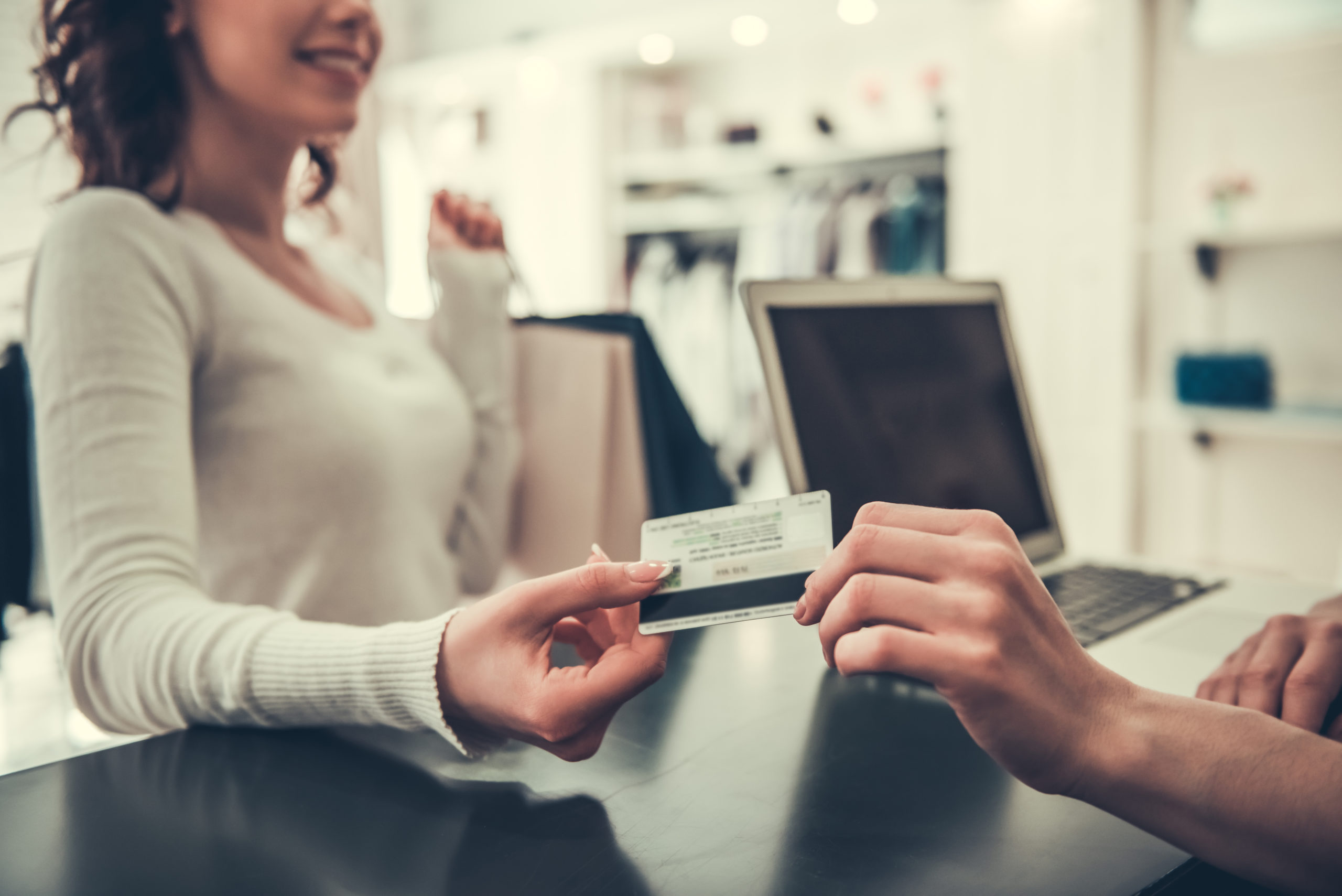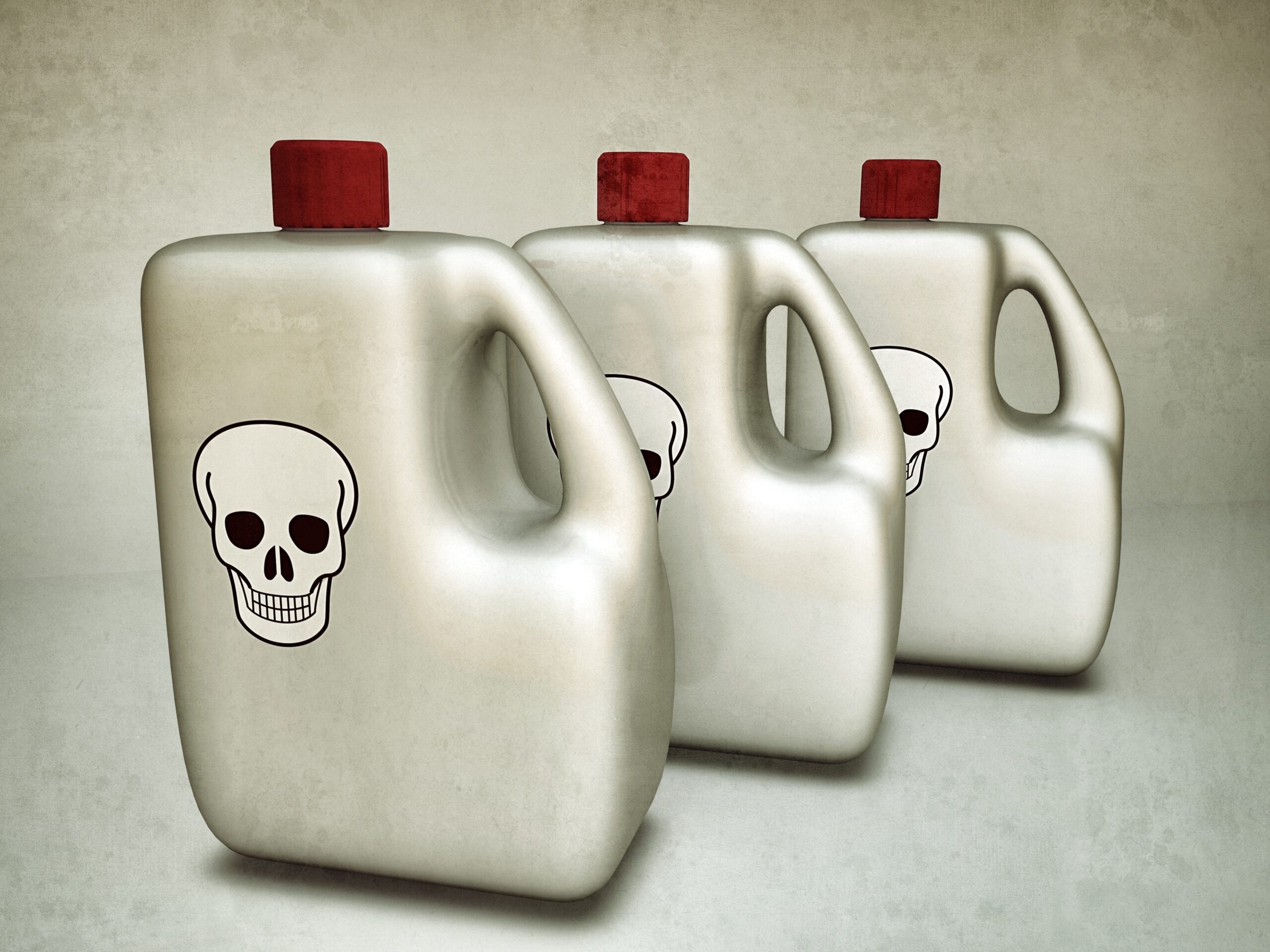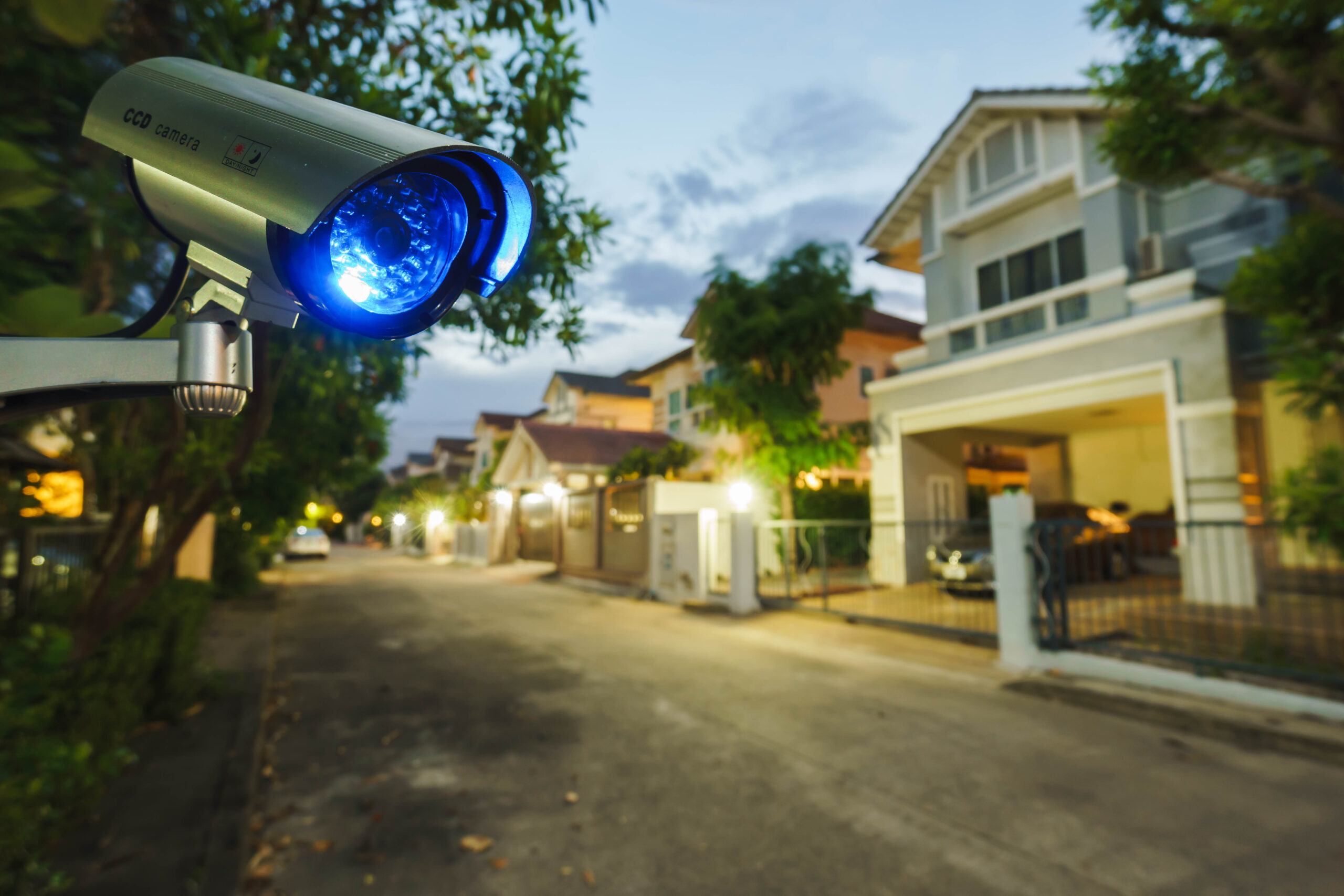By Elizabeth Rossbach
Do
- Use the right card at the right place. Some cards only earn cashback at certain places, like gas stations, grocery stores or restaurants. Make sure you’re paying attention to which card benefits you most at which location.
- Remember you have to pay it back. Due to the period between purchases and seeing them on your credit card, it can be hard to realize you are spending money. Remember, your credit card is not free money. Keep real-time accountability of how much you spend on your credit card. Train yourself to use your credit card like you are paying cash.
- Pick a payment date you can remember: Most credit cards allow you to change your payment due date on their website. Pick a date that is easy to remember and decide if it works better for you to have all your credit cards due on the same day or spread them out across the month.
- Sign up for a card with balance transfer options: If you end up in credit card debt, find a card that allows you to do balance transfers. This way, you can transfer old credit card debt to a new card, some of which allow you to pay off the debt in a certain amount of time interest-free.
- Know your card’s benefits: Most credit cards have side benefits even beyond their rewards programs. Some cards get you perks like free checked baggage on airplanes and extended warranties.
- Limit the number of credit cards you use. It is harder to keep track of purchases and organize payment dates the more cards you have. Try to limit yourself to two major credit cards.
- Check your credit score. Each year you can request a free credit report from each of the three major credit reporting companies. Lenders, landlords and insurance companies use these reports to determine if you are a low-risk investment. This can save you thousands of dollars in interest payments, rental deposits and insurance premiums.
Don’ts
- Just pick any card. Know what you want out of a credit card and pick one that works with your needs. If you are a first-time credit card owner, go with a card designed to build up your credit. Some cards earn more cashback than others and for different things. Make sure you check this before getting a credit card.
- Accrue a large balance and carry it over multiple billing cycles. If you don’t pay off your credit card balance every month, you will have to pay interest on whatever you owe.
- Miss your payments. If you miss your minimum payment, you will get charged a late fee that gets added to your credit card balance and lowers your credit score.
- Spend too much of your available balance each month: Try not to spend more than 30% of your credit limit. Keeping your spending under this percentage helps to bolster your FICO score.
- Allow your emotions to do the shopping. It has been shown in a study funded by the National Science Foundation, people, in general, spend more when they are unhappy. If you feel stressed, sad, angry, or just plain bored, avoid shopping until you feel better.
- Avoid cash advances. The interest rate for a cash advance is higher than for purchases, and there is no grace period. The interest charge accrue immediately. Even if paid back before the next billing statement, there will be interest charges.








Leave A Comment